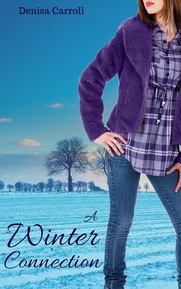
First it's just the odd crocus, then you see that the daffodils are budding, and before you know it, the signs are accelerating all around you, with leaf buds unfurling on trees, lawns that need cutting once again, birds busy building nests and even the odd spell of warm weather (in between all the inevitable showers).This is the time when the days start to become noticeably longer, and the urge to get out in the garden and dig something starts to kick in with a vengeance.
And never was a season more aptly named, with all the new life springing forth. In fact the season was originally referred to as 'Springing Time' in the 14th century, which was inevitably shortened as time went by to 'Springtime'. By the 16th century, it had been shortened even further to 'Spring'.
It would be hard to choose a favourite season, since each one provides its own unique charms, but Spring - with all its focus on new life, new birth and renewal - would take some beating.
Which all brings me nicely to my latest novel which I've just published. This one is called 'A Springtime Obsession' and is set in the beautiful and romantic city of Venice during what some have called 'The King of Seasons.' It's available to download now on Amazon.
Hope you enjoy it, and happy Springtime!



 RSS Feed
RSS Feed
